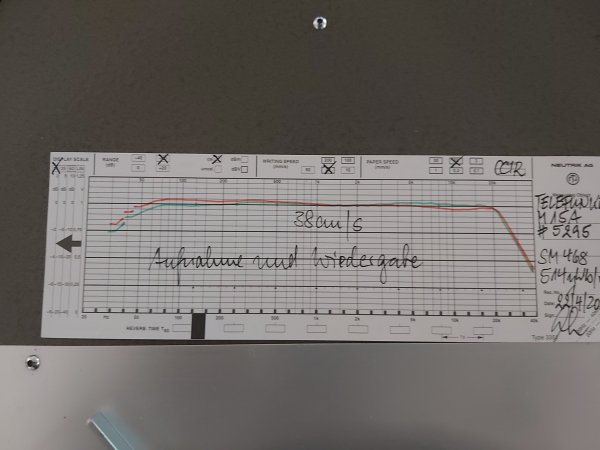it's the digital dxd capturing the analog output that we are talking about here, not a bit for bit copy. both the tape and dxd would see the same first pass. the second pass and so on would be the analog of the tape or dxd. how much is lost as we go along?
i will leave you to ponder this further. i realize it's a hard thing to do properly and would require the right gear. doubtful it could ever happen.
but i have to disagree that it is absurd. it takes the theoretical viewpoint on digital data and holds it accountable. no place to hide. either it can replicate the analog recording better than 1/2" tape, or it cannot. and it cannot, sorry to say.
i still recall the pro audio guys being besides themselves back in 2008 at the recording in my room;
https://www.whatsbestforum.com/threads/the-direct-to-disc-thread.19906/page-11#post-530338
they could not understand why their ADC's could not capture everything from my Turntable. we would listen to the turntable play the cut, then listen to the digital track. it was not close. and that is how this same process would go too if it ever happened. 1/2" tape gets much closer to the same thing. and x4 generations, even more obvious what would happen.
when you post that dxd has more information than analog;
that is what is absurd. and to be clear, i love my digital and dxd is awesome sounding. but it's not analog.











